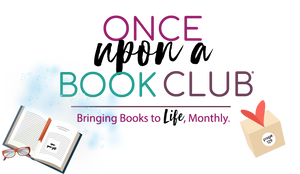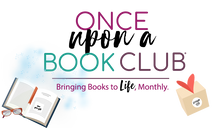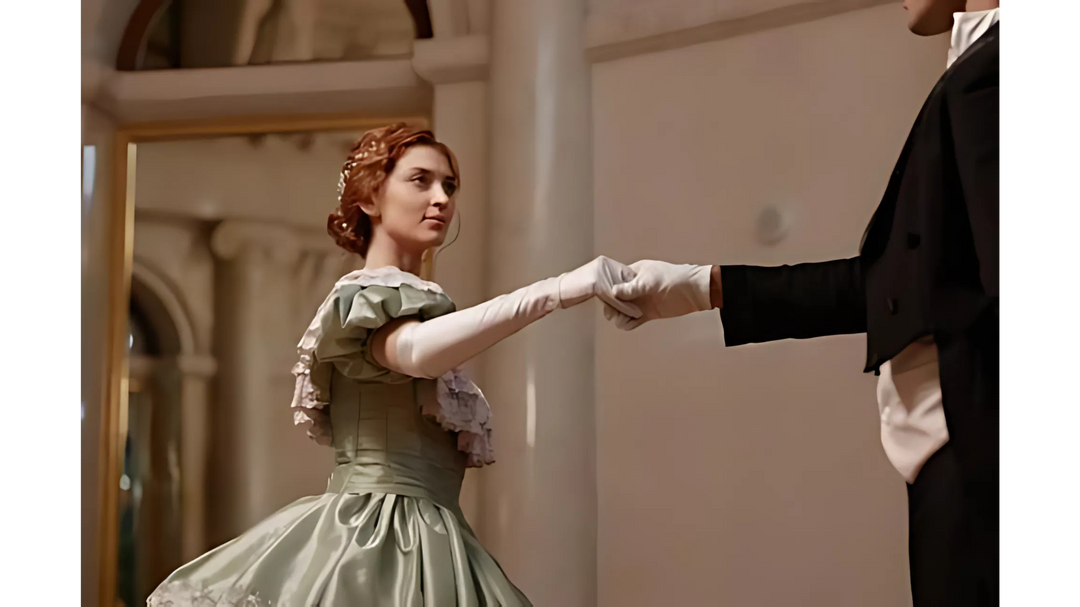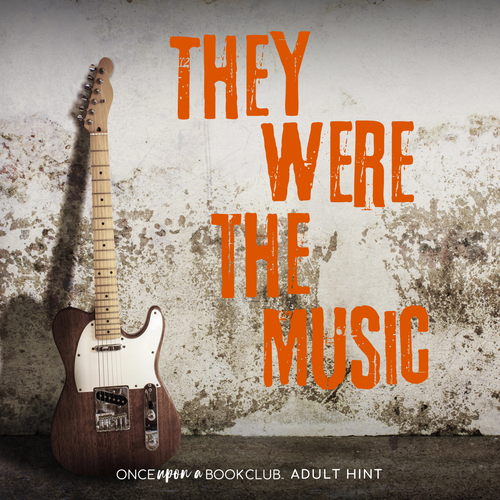Top 10 Reasons Why Children Who Start Reading Earlier in Life Benefit

Introducing the wonderful world of books and the magic of words is a joyous journey that can start at any age. Reading is a crucial skill for anyone to succeed in life, and fortunately, one of the easier skills to nurture from an early age.
As parents, you play a crucial role in your children's development, especially during their first five years. This is the perfect time to create a solid foundation that will shape their lives.
Early literacy is not just a stepping stone, it's the foundation of early education. Teaching your child to read early has many benefits, and has even been said to be the key to their academic future!
Here are our top 10 reasons early reading shouldn't be an option.

Reading Can Increase Brain Development With Kids
Anything that increases and stimulates brain development is (excuse the pun) a no-brainer! Children learn far faster at a younger age than when they are older. Research has shown that when a child is taught to read, the learning process dramatically influences the functioning and development of their brains.
In other words, learning to read at a young age stimulates their brain cells, and through repetition, they strengthen and form more connections with other brain cells. To put it in perspective, a baby is born with an estimated 200 billion active brain cells. With the proper stimulation, each of these brain cells can grow 20,000 connections between them, which store additional information. These connections form the basis of all future learning and intellectual ability.

Improves Communication
As children learn to read, they better understand words and their meanings, making them far more expressive when speaking. They also learn to communicate with other people through the dialogue they have learned in their books.
Books are fantastic resources that provide children with many valuable tools. Effective communication is the core of everything we do.

Developing Confidence and Independence
Encouraging your child to start reading early will go a long way toward developing them into confident and independent learners. It is like anything: the better you become at something, the more you want to do it. As their proficiency develops, so will their confidence and independence as they can decipher new words independently.
Starting school is always overwhelming, and learning to read in a more pressurized environment than they are used to can be stressful. Having a head start is a great confidence booster, and their learning will increase exponentially as their confidence grows. There is nothing better than being praised and rewarded in a classroom!
Sparks Creativity
Reading sparks creativity and awakens imagination. You must open any book's pages to be transported into a different world. Words stimulate our imagination, and our brains cannot help but translate them into images.
We all know that feeling when we watch a movie adaptation of a book we have read – the characters and places always look far better in our minds!

Improves Linguistic Skills
Reading, writing, and speaking are all inextricably intertwined. Children who cultivate their reading skills early on have a far better vocabulary, are more likely to use correct grammar, be better spellers, have above-average writing skills, and generally be far more articulate.
These are skills that will stand you in good stead throughout your life.

Teaches Comprehension Skills
Reading teaches comprehension skills, which are the foundation of any learning. The ability to comprehend what they are reading is crucial to their success.
Strong reading skills make life much easier, especially at school, where you must understand what is being asked and respond clearly and succinctly.
Children proficient in reading are far more competent at researching and can study far more effectively, as extracting relevant information comes naturally.

Reading Expands Vocabulary
Vocabulary is fundamental to communicating; the more you read, the larger your vocabulary bank will become.
It is also far easier to figure out how new words are spelled and what they mean and sound like when you already have a solid foundation of words under your belt.
Vocabulary ties into improved communication; without words, your child can not express themselves or communicate effectively.
Improves Concentration
More and more children are being diagnosed with ADHD, which can be debilitating for many children's progress, but early reading is one of the simplest ways to prevent it.
Teaching your child to read goes a long way to helping them improve their concentration and attention span. They have to focus on finishing the story to find out what happens in the end, and let's be honest, when you're reading something fun, it never feels like a chore.

Increases Knowledge
Although children's books are predominately picture-based and contain few words, they are still invaluable for your child's development. These early books teach important lessons about family, friends, the world around us, and so much more, like those dinosaur books, which are always a hit.
Early readers broaden their knowledge without realizing it by learning new concepts and reading new stories with exciting characters. They can learn lessons from any book; word count has nothing to do with it!
Sets Them Up For Academic Success
Reading should be considered the key to your child's early academic success. Numerous studies show that learning to read early has distinct educational advantages.
Children who start reading earlier are far more proficient (well, practice makes perfect), have superior general knowledge, and as mentioned earlier, have better comprehension skills. In addition, research has shown that early readers generally get higher grades than those who began later.
Teaching your child to read may seem daunting, but fortunately, endless resources are available. The most important thing to remember is to keep it fun; you want to instill a lifelong love of learning and reading. You can make reading fun by using different voices for characters, acting out the story, or even turning it into a game.
We love the quote by Margaret Fuller, an American journalist and critic in the early 1900s - "Today a reader, tomorrow a leader." So, let's get them hooked on books before they discover the distracting world of electronics.

















Leave a comment